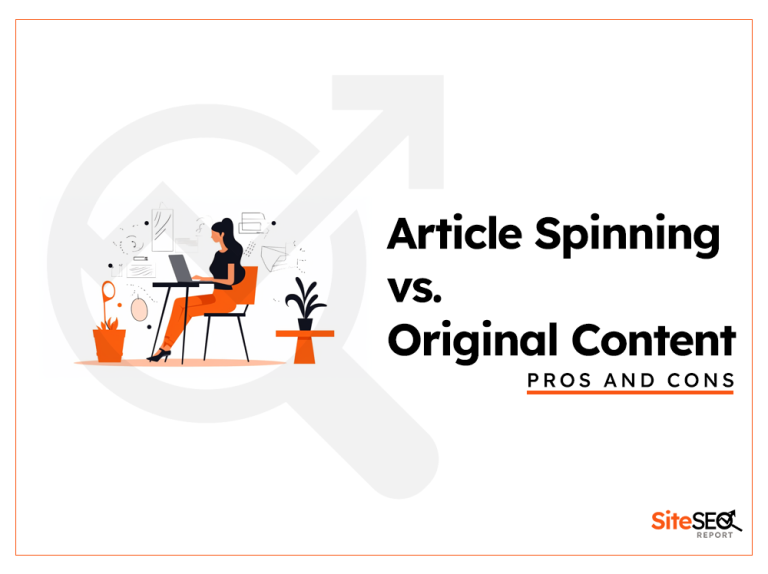On August 08, 2023, Google has announced modifications to certain rich results types displayed in its search results.
FAQ Rich Results: Google’s changing how it shows FAQ results. Now, it’s mainly the big government and health sites that will get them. Other sites? They’ll see them less often. This is a big shift, and it’s got some site owners wondering what to do next.
If you’ve added FAQ data to your site, you might be thinking of removing it. But here’s the thing: Google says it’s up to you. Whether you keep it or ditch it, it won’t make a difference in how your site ranks. So, weigh your options and decide.
In the digital age, user experience is paramount. One of the most effective ways to enhance this experience is by addressing common questions and concerns directly on your website through Frequently Asked Questions (FAQs).
But did you know that there’s a way to supercharge these FAQs for better visibility, especially in voice search? Enter the “FAQ” Schema.
Understanding the “FAQ” Schema
Schema markup is a form of structured data that helps search engines decipher the content and context of web pages. The “FAQ” Schema is a specialized markup tailored for FAQ sections. It allows search engines to identify and present them in unique, enhanced ways in search results.
Why Incorporate FAQs on Your Website?

- User Convenience: FAQs provide immediate answers to common questions, reducing the need for users to sift through the entire site or contact customer support.
- Trust and Credibility: Transparently addressing queries can establish trust and position your brand as an authority in your domain.
- SEO Benefits: A well-structured FAQ section can bolster on-page SEO, potentially driving more organic traffic to your site.
The Strategic Advantage of “FAQ” Schema

- Enhanced Search Visibility: With the “FAQ” Schema, search engines can display direct answers from your FAQ section in search results, offering users immediate value.
- Position Zero Potential: The “FAQ” Schema can help your content feature in Google’s coveted “position zero” or featured snippets, driving more clicks.
- Mobile Optimization: On mobile searches, where screen real estate is limited, enhanced results from the “FAQ” Schema can stand out and attract more clicks.
Example of “FAQ” Schema Implementation
Here’s a basic example of the “FAQ” Schema in action:
<script type="application/ld+json">
{
"@context": "https://schema.org",
"@type": "FAQPage",
"mainEntity": [{
"@type": "Question",
"name": "What is the 'FAQ' Schema?",
"acceptedAnswer": {
"@type": "Answer",
"text": "The 'FAQ' Schema is a specific type of structured data markup designed for FAQ sections on websites, helping search engines recognize and display them in enhanced ways."
}
}, {
"@type": "Question",
"name": "Why are FAQs important?",
"acceptedAnswer": {
"@type": "Answer",
"text": "FAQs address common user queries directly, enhancing user experience, building trust, and improving on-page SEO."
}
}]
}
</script>Steps to Implement the “FAQ” Schema
Gather Common Questions: Utilize tools like Google Search Console, user feedback, and customer support interactions to pinpoint frequent questions.
Provide Comprehensive Answers: Ensure your responses are clear, concise, and accurate.
Embed the Schema: Use the provided example as a template and integrate the “FAQ” Schema into your site. Validate its implementation with tools like Google’s Rich Results Test.
Regular Updates: Continually refine and update your FAQs based on user feedback and evolving queries.
Frequently Asked Questions
What is the “FAQ” Schema?
The “FAQ” Schema is a specific type of structured data markup designed for FAQ sections on websites. It helps search engines recognize and present these sections in unique, enhanced ways in search results.
How does the “FAQ” Schema benefit SEO?
By implementing the “FAQ” Schema, websites can achieve enhanced visibility in search results, potentially securing a spot in Google’s “position zero” or featured snippets. This can drive more organic traffic and improve click-through rates.
Can the “FAQ” Schema improve user experience on my site?
Absolutely! When search engines display direct answers from your FAQ section in search results, users can get immediate value. This not only positions your brand as an authority but also enhances the overall user experience by providing quick, relevant information.
Is the “FAQ” Schema compatible with voice search optimization?
Yes, the “FAQ” Schema is particularly beneficial for voice search. Given that voice searches are often phrased as questions, a well-structured FAQ section using the “FAQ” Schema can provide direct, concise answers that voice assistants can relay to users.
How do I implement the “FAQ” Schema on my website?
To implement the “FAQ” Schema, you’ll need to integrate specific structured data markup into your site’s code. This markup provides search engines with clearer context about your FAQ content. Tools like Google’s Rich Results Test can help validate your implementation.
Conclusion
In the digital age, where user experience is king, FAQs serve as a vital tool to address user needs directly. By harnessing the “FAQ” Schema, businesses can amplify the impact of their FAQ sections, driving enhanced visibility, user engagement, and trust. It’s not just about answering questions; it’s about strategically positioning your brand in the digital landscape.






